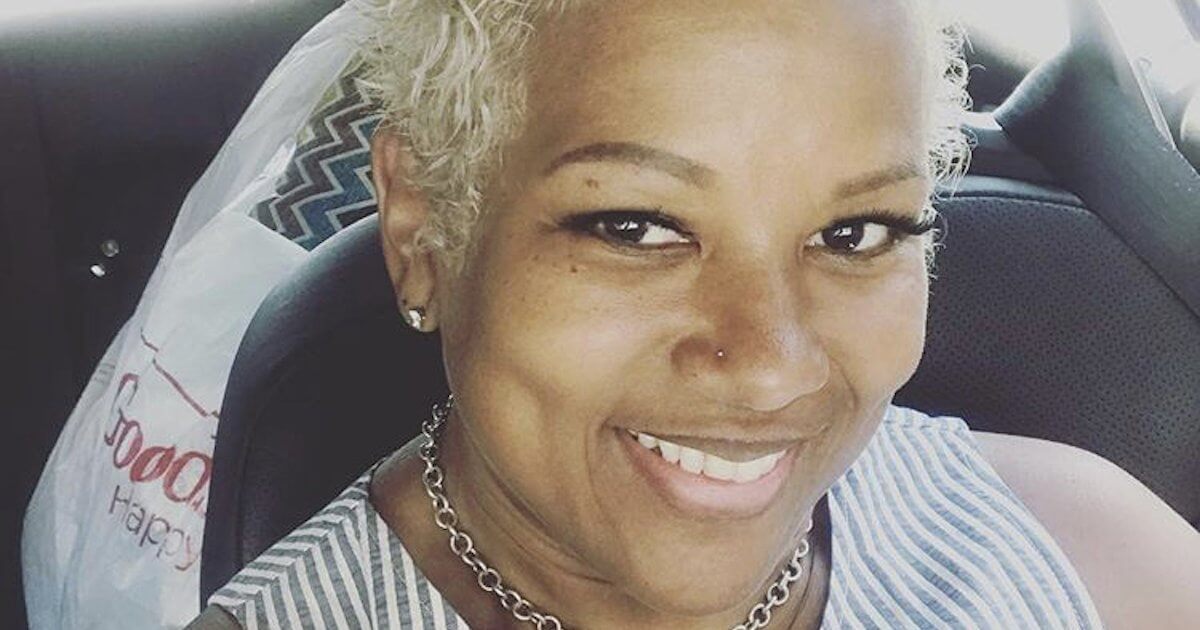The coronavirus isn’t stopping some cancer patients from getting the support they need during treatment.
In Georgia, Stacy Franklin, whose breast cancer returned after six years and spread to her lungs, had to prepare to go to the hospital for surgery alone because of coronavirus, so her sorority sisters of Alpha Kappa Alpha (AKA) decided to send her off in style. Franklin’s sorority sisters showed up in front of her home and serenaded her with church hymns on the front lawn the day before her surgery.
Read MoreHospital Regulation Changes During Covid-19
Due to Covid-19, cancer patients are facing new challenges when it comes to support and treatment. Some patients have been forced to delay and reschedule life-saving surgeries, and hospitals have started limiting, and even suspending, hospital visitation.
Growing concerns over coronavirus have made hospitals rethink procedures and guidelines in order to keep patients safe. In New York City, New York-Presbyterian hospital has suspended visitations all together, eliminating face to face support between patients and loved ones.
Related: The Changing Guidelines For Cancer Treatment During Coronavirus
Additionally, The American Society of Clinical Oncology (ASCO) released a new set of recommendations for cancer patients amid the coronavirus. According to ASCO, patients should consider switching treatments that would decrease clinic visits as the pandemic continues, such as rescheduling elective surgeries and switching from IV to oral therapies. ASCO also relayed that for patients deep in remission, stopping treatment may be an option as long as it is discussed with an oncologist.
During this uncertain time, cancer patients’ feelings of loneliness and isolation might be heightened, but that’s where community becomes essential. These new guidelines could be a stressful adjustment for many cancer patients, and Dr. Dianne Shumay gave SurvivorNet some helpful tips on how to cope with fear. For patients with increased stress during Covid-19, Dr. Shumay says being seeking social support and asking for help can ease patients’ fear.
Learn more about SurvivorNet's rigorous medical review process.


